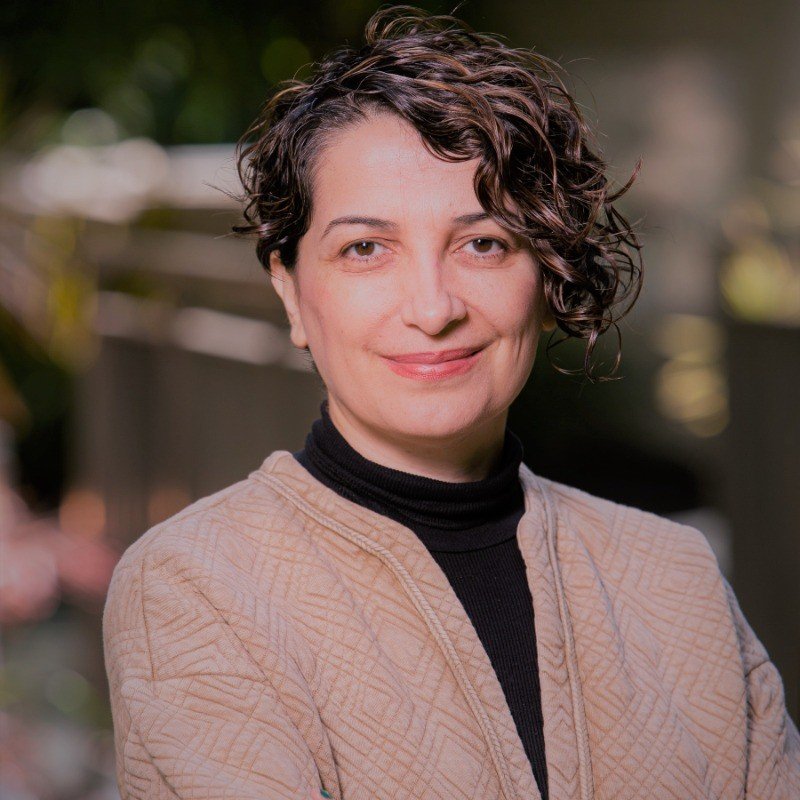
Elmport Group
Yale-Trained Child, Adolescent, and Adult Psychiatrists
Our Services
Psychotherapy
Also known as “talk therapy.” The doctors are happy to provide psychotherapy to help relieve distress and achieve goals.
Parenting and Wellness Guidance
We take a holistic approach to the treatment of pediatric mental health difficulties. We regularly incorporate parenting and wellness guidance into our work.
Medication Management
When needed, we prescribe medication(s) as part of the broader mental health treatment plan.
-

Oscar Gerdner, M.D.
I believe in providing therapies that work.
To help people reach their goals, I take pride in practicing thoughtfully according to the highest quality and most modern scientific evidence available—understood through the lens of my training, education, and experience.
Medication therapy can be a useful tool in behavioral healthcare, and I recommend them thoughtfully when I think they can help. On the one hand, medications can be life-saving. On the other, talk therapy can make for the deepest and most lasting changes. Like the best psychiatrists I know, I seldom recommend medication treatment without also integrating behavioral, lifestyle, psychotherapeutic, and other non-medication elements of good care. Above all, though, it’s the partnership of the patient-doctor relationship that is the cornerstone of successful care.
-

Linda Drozdowicz, M.D.
My job is to help you meet your goals.
Mental health is complex, and I always consider biological, psychological, social, and environmental factors in formulating the antecedents and possible solutions to your distress.
I will listen to you, and you will not be rushed. Good psychiatric care starts with hearing your complete story. I have a broad training background that encompasses different modalities of psychotherapy, and talk therapy is something that I may offer in order to help you make lasting changes. When indicated, I am also able to provide medication management using my medical background.
Already have a therapist? I am happy to collaborate with them if medication management is needed.
-
Maria Motlagh, M.D.
I believe in the intricate interaction between biology and the environment. While we may not have control over all the factors contributing to our challenges, we can make meaningful changes to reduce suffering and work towards fulfilling, purposeful goals.
Central to my clinical practice is the belief in resilience—the capacity to recover from difficulties, adapt to change, and persist in the face of adversity. By fostering resilience, we empower ourselves and our children to handle stress, overcome obstacles, and maintain a positive outlook even during tough times.
I am deeply committed to understanding your unique life journey and assisting you in exploring its various facets to achieve your desired outcomes. In my practice, I place a strong emphasis on developmental psychiatry, recognizing that each stage of life presents its own unique missions and tasks. My goal is to understand the specific objectives or missions you or your child are pursuing and to collaborate with you in creating a supportive environment to achieve those aims.
I draw upon a diverse set of skills and therapeutic approaches to help you access your inner resources and craft a narrative in which you feel more authentic and capable of achieving your goals. This holistic approach includes fostering resilience as a foundation for growth, utilizing various therapeutic techniques, and, when appropriate, the use of medication to support you or your child on this journey.
My aim is to provide comprehensive care that promotes growth, resilience, and overall well-being.
-

Matthew Johnson, M.D.
Careful attention to detail and a constant willingness to remain open to new information allows for accurate diagnosis and improved treatment outcomes. I carefully consider the ethical aspects of care, respecting the values and choices of each patient and family. I take great pride in my ability to collaborate with patients and their families to facilitate a comprehensive understanding of the potential benefits, limitations, and risks associated with pharmacological interventions. Even as I attend closely to individual clinical details, I also keep the broader context in mind—focusing on how patients function in their daily lives. My goal is to support treatments, including therapy and medication, that help patients feel more connected, confident, and successful in their relationships with family members, teachers, coaches, mentors, and their communities.tion goes here

